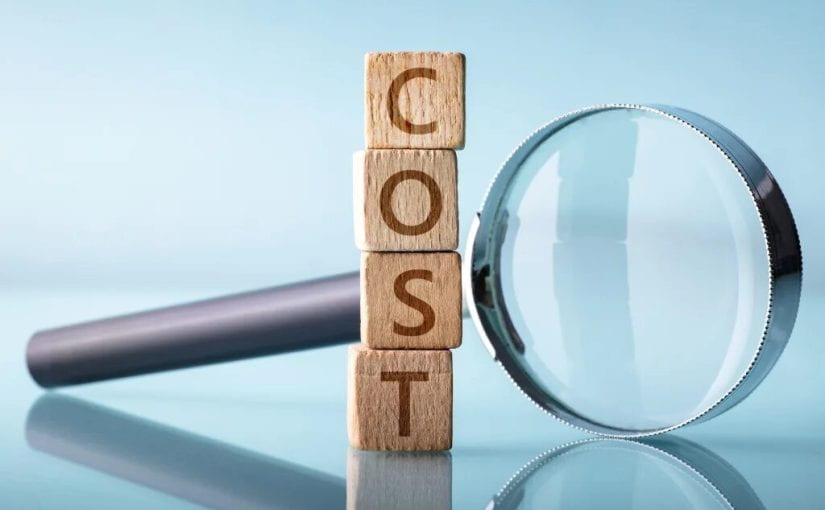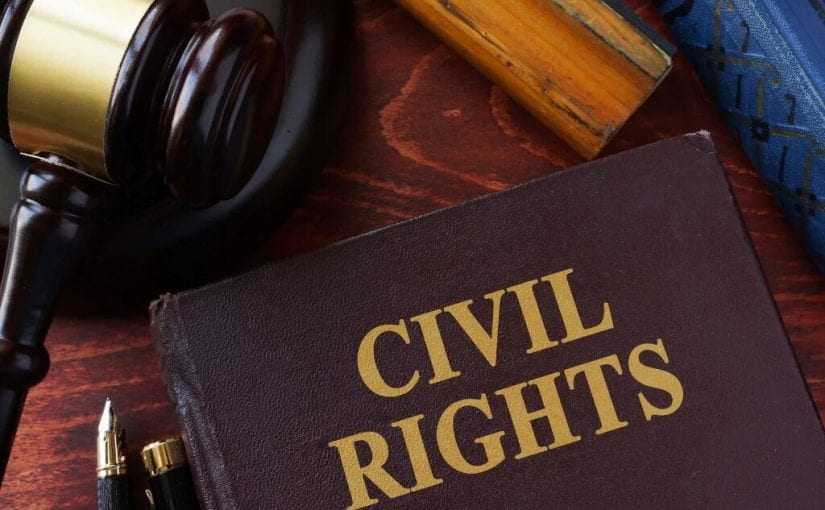When navigating the Canadian criminal justice system, terms like “record suspension” and “pardon” often arise, leading to questions about their meanings and differences. Understanding these terms is crucial, especially for individuals looking to clear their criminal records.
This blog will provide a detailed explanation of what a record suspension and a pardon entail, whether they are the same, and the significance of the Record Suspension Application process.
What is a Record Suspension?
A record suspension is a formal process that allows individuals who have been convicted of a crime in Canada to have their criminal record kept separate from other criminal records in the Canadian Police Information Centre (CPIC) database. This means that the record will not be visible to most employers, landlords, and others conducting background checks, effectively giving the individual a second chance to reintegrate into society without the burden of a criminal record.
Key Points About Record Suspension:
- Eligibility: To apply for a record suspension, an individual must have completed their sentence, including any fines, probation, or incarceration, and have maintained a crime-free lifestyle for a specified waiting period.
- Waiting Period: The waiting period before applying for a record suspension varies depending on the offense. For summary offenses, the waiting period is typically five years, while for indictable offenses, it is ten years.
- Impact: A record suspension does not erase the criminal record; rather, it sets it aside. The record still exists but is removed from active databases and is not accessible during most background checks.
What is a Pardon?
A pardon, historically known as a Record Suspension Application, was a legal process in Canada that allowed individuals with a criminal record to have their record set aside. A pardon indicated that the individual was deemed rehabilitated and had met the necessary criteria to have their criminal record separated from other records.
The term “pardon” was officially replaced by “record suspension” in 2012 under the Safe Streets and Communities Act. However, many people still use the term “pardon” when referring to a record suspension.
Key Points About Pardon:
- Historical Context: Before 2012, a pardon was the official process for setting aside a criminal record in Canada. The Parole Board of Canada (PBC) was responsible for granting pardons.
- Rehabilitation: A pardon indicated that the individual had been rehabilitated and was no longer considered a risk to society.
- Name Change: In 2012, the term “pardon” was replaced with “record suspension,” though the process remains similar.
Is a Record Suspension the Same as a Pardon?
While the terms “record suspension” and “pardon” are often used interchangeably, they are not exactly the same, although they serve a similar purpose. The key difference lies in the terminology and the legislative changes that occurred in 2012.
- Terminology: The term “pardon” is no longer used in Canadian law, having been replaced by “record suspension” under the Safe Streets and Communities Act. However, the general public often still refers to the process as a pardon.
- Process: Both a pardon and a record suspension involve setting aside a criminal record, making it inaccessible during most background checks. The application process, waiting periods, and eligibility criteria are similar.
- Legislative Changes: The change from “pardon” to “record suspension” reflects a shift in the Canadian government’s approach to criminal records. The new term emphasizes that the record is suspended, not erased, and that the individual must demonstrate rehabilitation and a crime-free lifestyle.
The Importance of the Record Suspension Application
For individuals with a criminal record, the Record Suspension Application is a critical step toward rebuilding their lives. A successful record suspension can open doors to employment, education, and volunteer opportunities that might otherwise be closed. It allows individuals to move forward without the stigma of a criminal record, enabling them to contribute positively to society.
How to Apply for a Record Suspension:
- Determine Eligibility: Before applying, ensure that you meet the eligibility criteria for record suspension, including completing your sentence and maintaining a crime-free lifestyle for the required waiting period.
- Obtain Necessary Documents: Gather all required documents, such as court records, police checks, and proof of sentence completion.
- Complete the Application: Fill out the record suspension application form, providing all necessary information and supporting documents.
- Submit the Application: Submit your completed application to the Parole Board of Canada, along with the application fee.
- Await Decision: The Parole Board of Canada will review your application and determine whether to grant the record suspension.
While the terms “record suspension” and “pardon” are often used interchangeably, they are not entirely the same. A record suspension is the current legal process in Canada for setting aside a criminal record, replacing the term “pardon” after legislative changes in 2012. Both processes serve the same purpose: to help individuals with a criminal record move forward and reintegrate into society.
If you are considering applying for a record suspension, the Record Suspension Application is your pathway to a fresh start. Navigating the application process can be complex, which is why it’s essential to seek professional assistance.
SekCheck Fingerprinting is one of the best agencies to help you apply for a record suspension or pardon. With expertise in handling record suspension applications, SekCheck ensures that your application is completed accurately and efficiently, increasing your chances of a successful outcome. Trust SekCheck to guide you through the process and help you achieve the second chance you deserve.
Source : Sekcheck Fingerprinting






